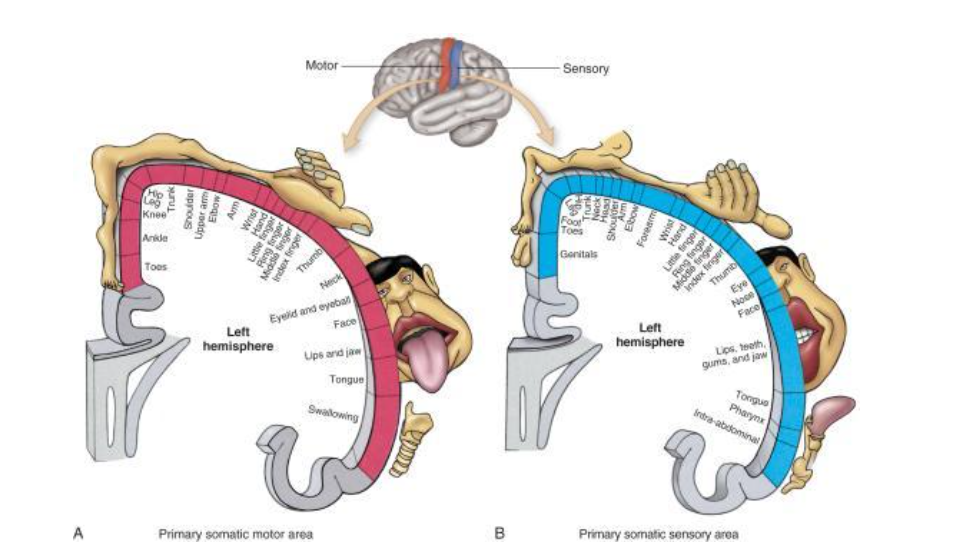With tuition, school work and fun on our minds, sometimes it may be difficult to budget for and prepare nutritious food. Many of us have heard of college meals that center around Ramen noodles, popcorn and other quick fixes. While delicious and time efficient, there are other, healthier options to choose that can deliver the same, cheap and fast benefits.
On campus, the dining hall is a great place to start. Freshly prepared meals, fruits and veggies are available, not only during meal times, but to grab on the go. Keeping oatmeal, apples, oranges and other dorm-safe snacks around can help hold over your appetite when on-campus dining isn’t open.
For those living off-campus, preparing your own meals can prove challenging with a busy schedule or tight budget. Preparing simple meals like pastas, soups, and breakfast foods can save the wallet and provide a filling meal. Keeping healthy snacks around the house, like granola bars and fruits, provide easy, grab-and-go fixes to take in-between classes and for midnight snacks.
Healthy food may be more difficult to plan and budget for than “junk food.” There are resources available to students and community members alike to save money and eat well. Student coupon books and other coupons in the mail or around town contain a plethora of deals from fresh produce to local restaurants.
Look for deals on the foods you like and are willing to cook. Buying loads of food that won’t be cooked in a timely fashion before it goes bad can waste money and time. Be sure what you are enjoying is fresh, before the expiration date and looks right.
Take advantage of local farmers markets. Vendors come from all around to sell their favorite snacks and recipes. Many grow their own produce or have made tasty snacks by hand. These events are good places to try new things and learn about the food available in your area.
Keeping track of how much fast food you consume is also beneficial. Most fast food chains and restaurants have “healthy” options on the menu to choose from but be wary of eating these items in excessive amounts. Most of us enjoy a delicious greasy meal every now and then, balancing those meals with full, fresh meals throughout the week can help save money.
Keep the Food pyramid in mind. Try to fit room on your plate for fruits and veggies. Grains and breads are an important part of your diet, but they can’t stand alone. Meat or protein is another important part of the diet. Be sure the amount of protein you are eating is proportional to who you are. If you don’t eat meat, remember to get protein through other means like soy and look into what foods can provide iron as well.
Remember to drink water. Keeping your body hydrated can solve some of the hungry sensations you may feel. Carry a water bottle around throughout the day, if possible, you may find yourself drinking more water naturally because its available.
Watching what you put in your body may seem tedious at first. Like with any life style change, the key is to stick with it. Setting goals and getting others involved can make it easier to stick with it. Eventually, it might become second nature like most good habits.
Don’t be afraid to fail. Eating healthier doesn’t have to mean starting a diet or giving up your favorite foods. Finding new ways to fill your appetite can be scary and might not happen right away. Its okay to still avoid Brussel sprouts or your least favorite food because of the wide variety of fruits and veggies that can give you the same benefit.
Remember there are resources available all around to help you choose great foods that you will find tasty and satisfying. Try new foods and recipes when you have the time. “You are what you eat,” so enjoy the food you eat and take pride in what you put into your body.







